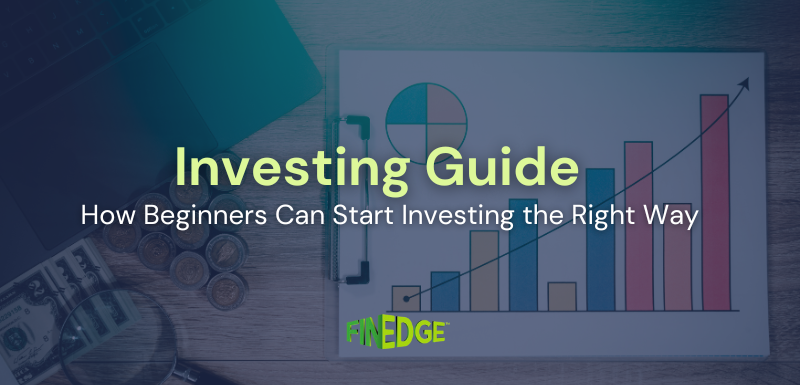Redeeming Investments vs Taking a Loan: What’s the Smarter Choice?
- Redeeming investments is best for planned, near-term goals
- Loans help preserve long-term compounding, but add cash flow pressure
- DTI ratio is a critical decision factor
- Hybrid solutions often work better than extremes
Easy credit has made borrowing more accessible than ever. But when a financial need arises, the real question isn’t can you borrow, it’s should you, or would redeeming investments be the wiser move?
Redeeming investments or taking a loan is not a one-size-fits-all decision. The right choice depends on your financial goals, time horizon, debt capacity, and the purpose of the expense. While loans preserve long-term investments, they add interest and cash flow pressure. Redeeming investments avoids debt but may disrupt compounding. The smarter option balances cost, flexibility, and long-term impact.
When Redeeming Investments Makes Sense
Redeeming investments can be the right decision when the expense is planned and imminent.
Common scenarios include:
-
Goals you invested specifically for, such as education or a wedding
-
Making a down payment where funds were earmarked for that purpose
-
Avoiding high-interest loans that would outweigh expected returns
-
Situations where your Debt-to-Income (DTI) ratio is already stretched
In these cases, redemption aligns with intent — the money is being used as planned.
When Taking a Loan Is the Better Option
Borrowing can be financially sensible when it helps protect long-term wealth.
A loan may be preferable if:
-
Your investments are meant for long-term goals like retirement
-
Your DTI ratio is comfortably below 20%
-
The need is urgent and time-bound (medical, education, home purchase)
-
Your cash flows can absorb EMIs without lifestyle compromise
Here, the cost of interest may be lower than the opportunity cost of breaking long-term compounding.
The Hidden Cost of Breaking Long-Term Investments
The biggest risk in redeeming investments is not the immediate tax or exit load, it’s the loss of future growth.
Long-term investments work because of:
-
Time
-
Discipline
-
Compounding
Breaking them early can set goals back by years, even if the redemption amount seems manageable today.
A Balanced Approach — Redeem, Borrow, or Combine
Often, the smartest answer lies in combination, not extremes.
A hybrid approach may involve:
-
Redeeming a portion of goal-specific investments
-
Taking a short-term or low-cost loan for the balance
-
Keeping EMIs within a comfortable DTI range
-
Protecting retirement and child education investments at all costs
The decision should be driven by impact, not convenience.
What Really Matters More Than the Choice Itself
Whether you redeem or borrow, the outcome depends on:
-
Clarity of financial goals
-
Understanding cash flow flexibility
-
Emotional comfort with debt
-
Staying aligned to a long-term plan
A technically “right” decision can still be damaging if it derails discipline or creates stress.
FAQs
Your Investing Experts
Continue Reading
Beginner Investing Guide: How to Start Investing the Right Way
Investing for beginners can feel both exciting and overwhelming. With constant news about markets, social media opinions, and stories of quick gains, first-time investors often struggle to separate what truly matters from what is simply noise.
How to Save More From Everyday Expenses and Invest More Consistently
Spending smarter, timing purchases better, and being intentional with recurring expenses can create a steady surplus that can be channelled into long-term investments.
Rupee Falling? How to Protect and Grow Your Investments
When the rupee weakens, it often creates anxiety for investors. But currency depreciation is not an anomaly; it is a recurring phase in every long-term economic cycle. The real question is not whether the rupee will fall, but how investors should respond to it without derailing their long-term financial goals.




